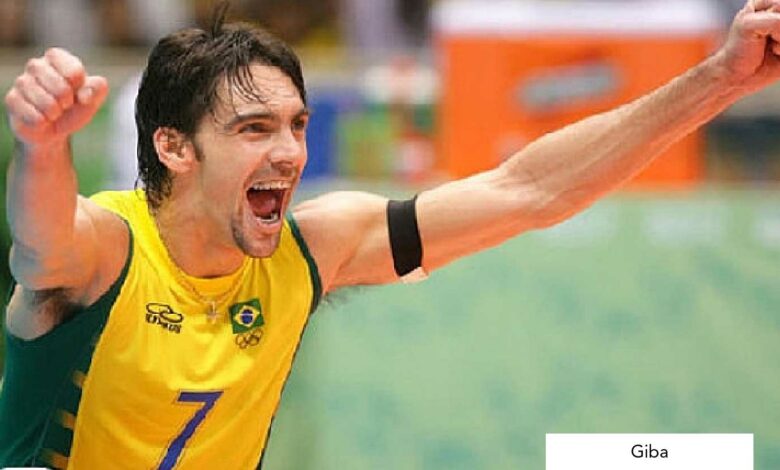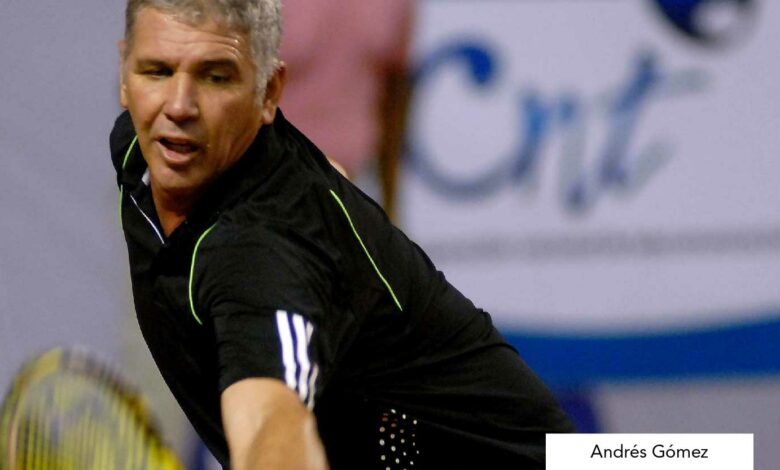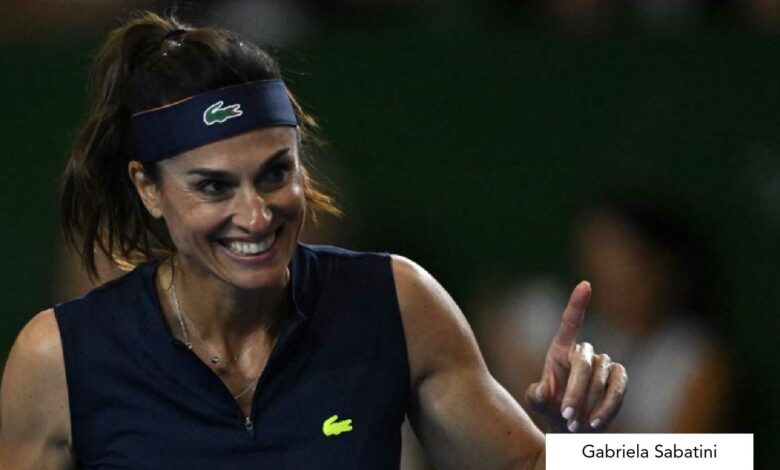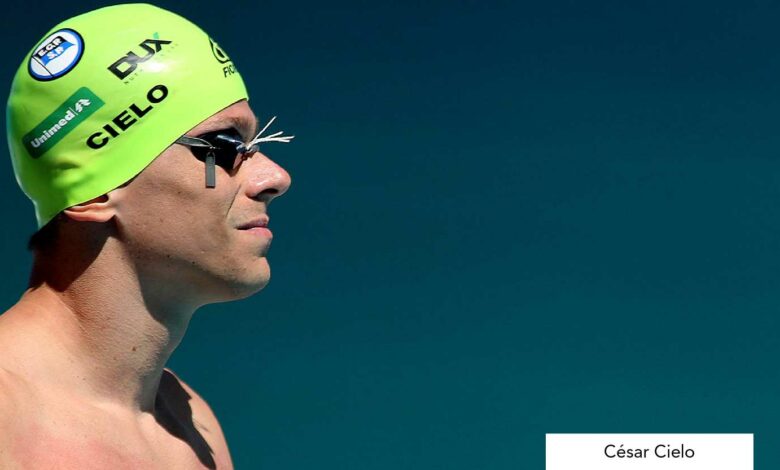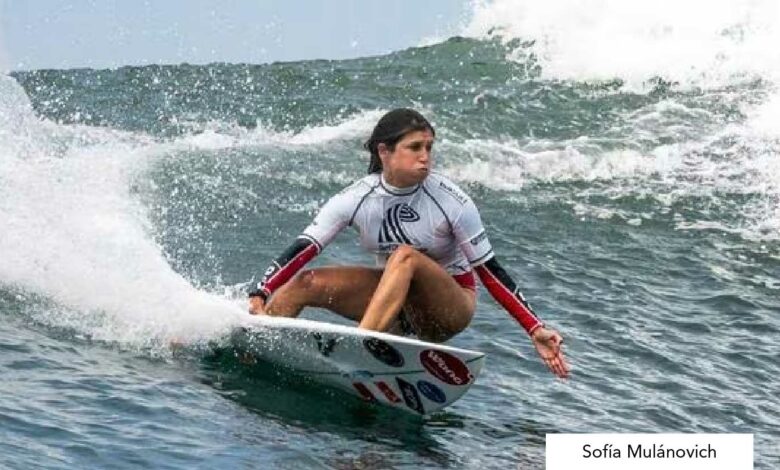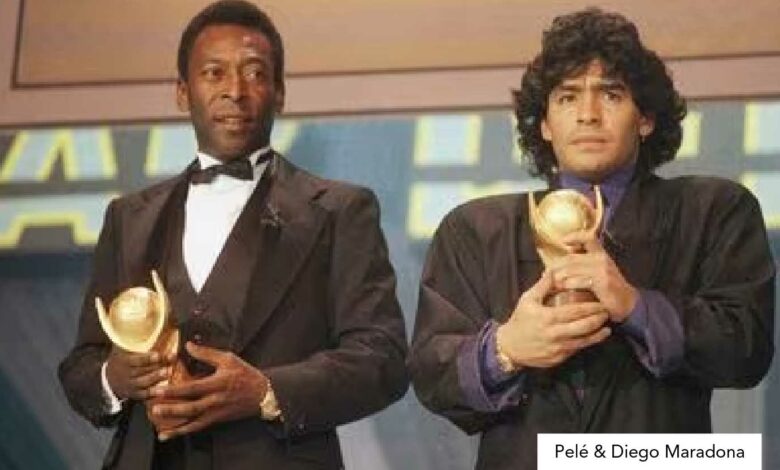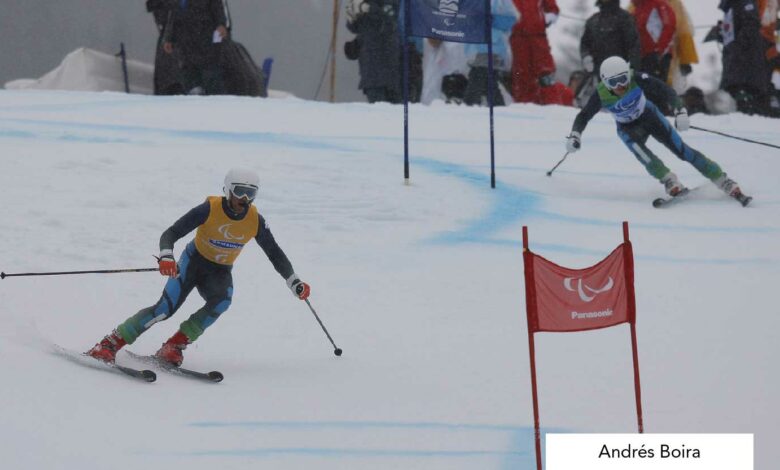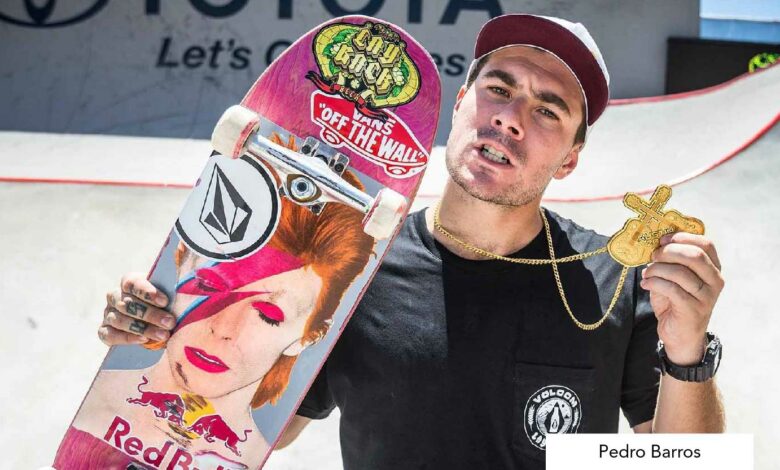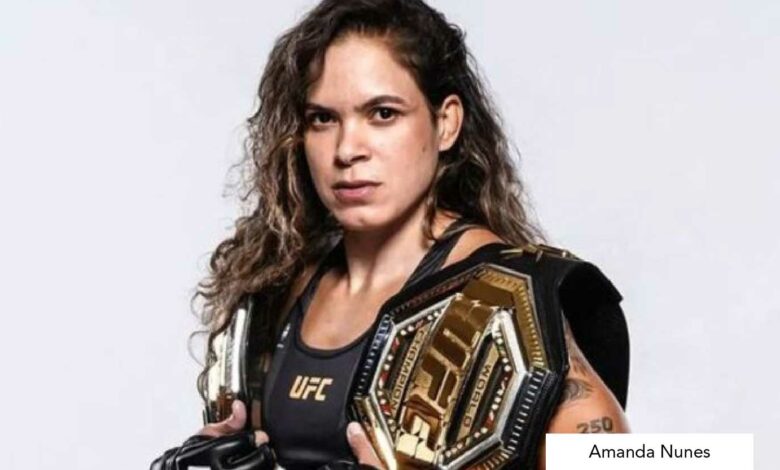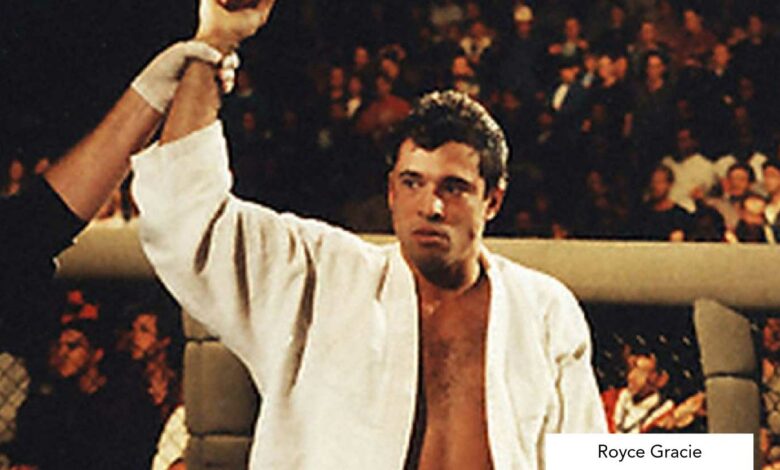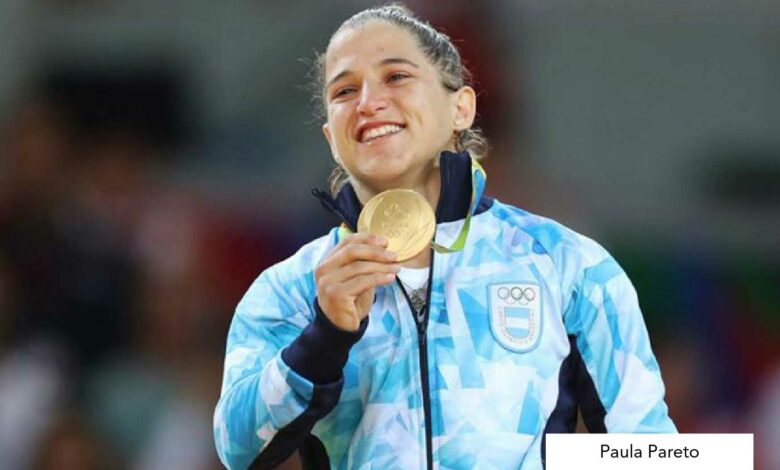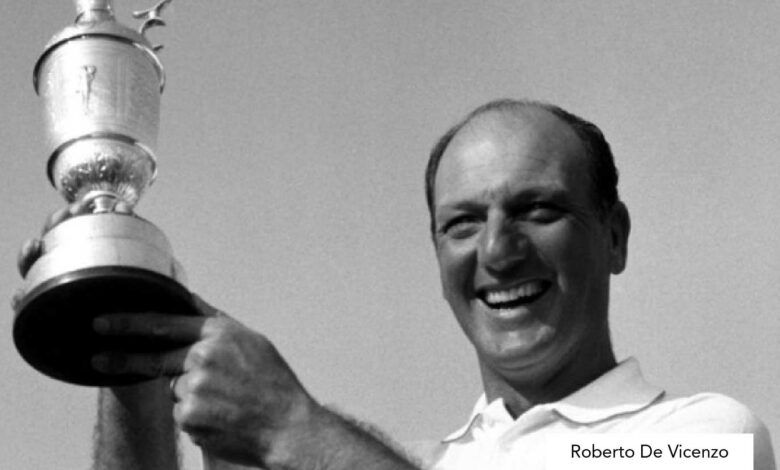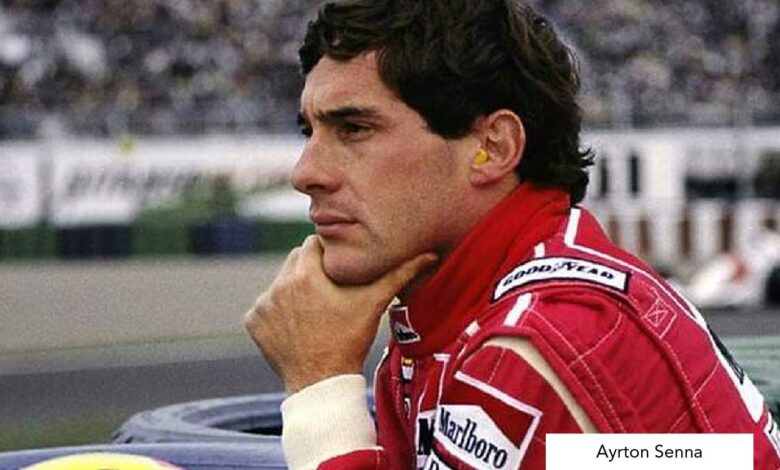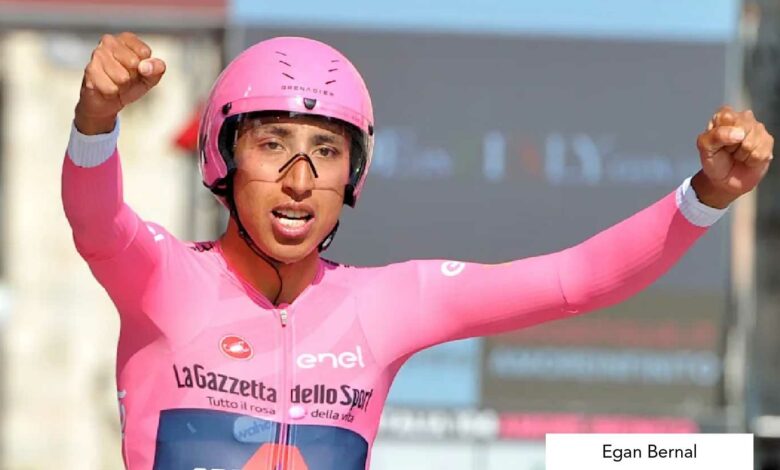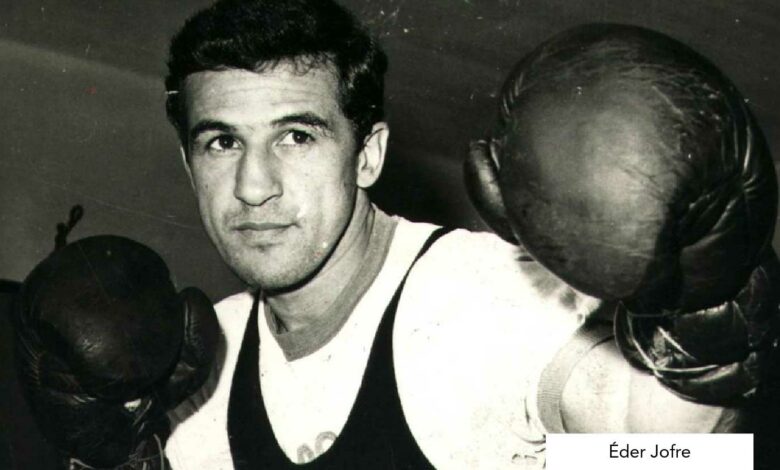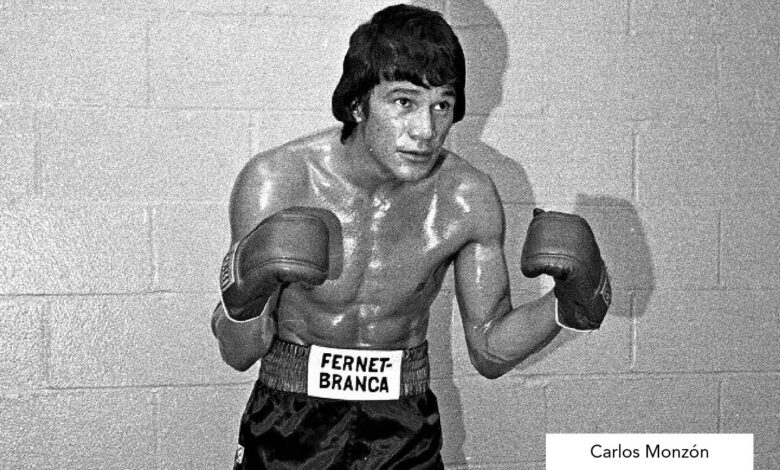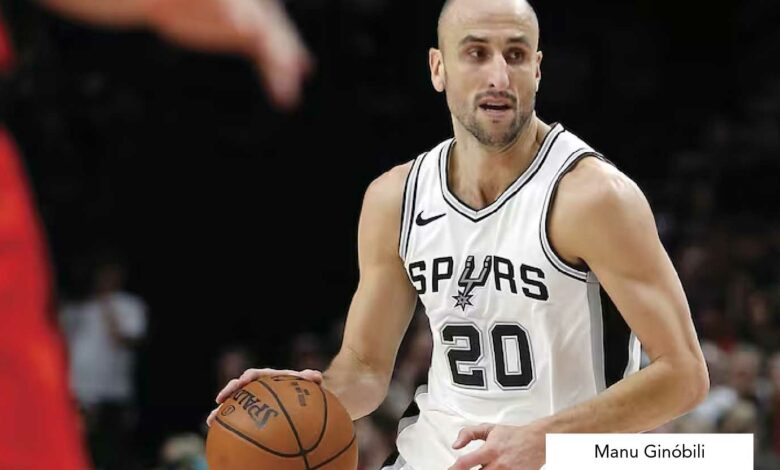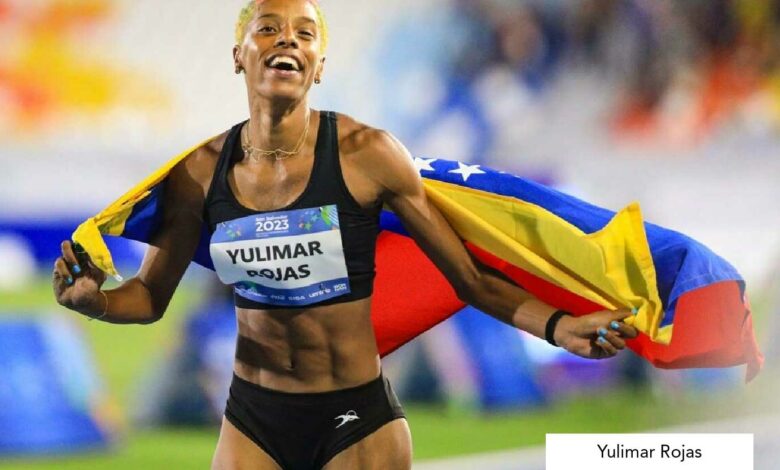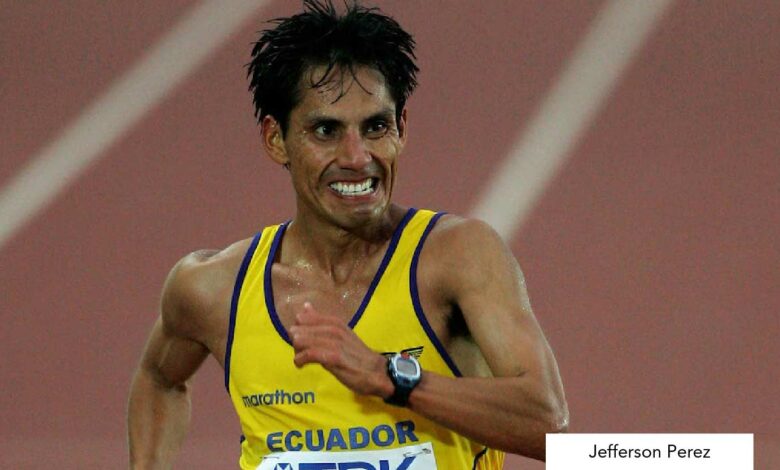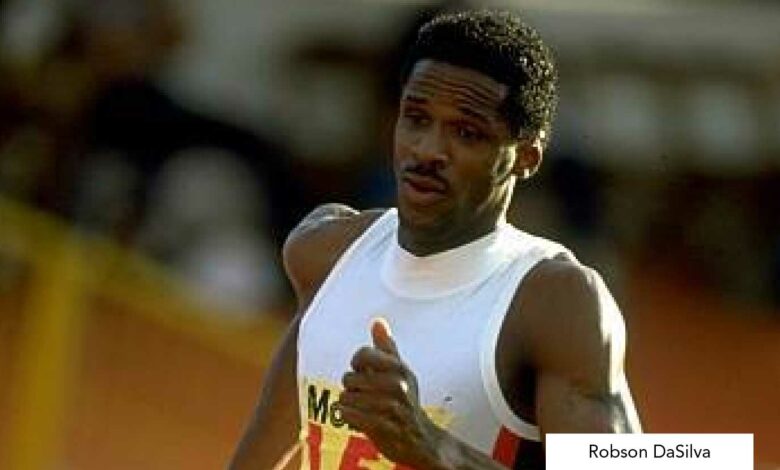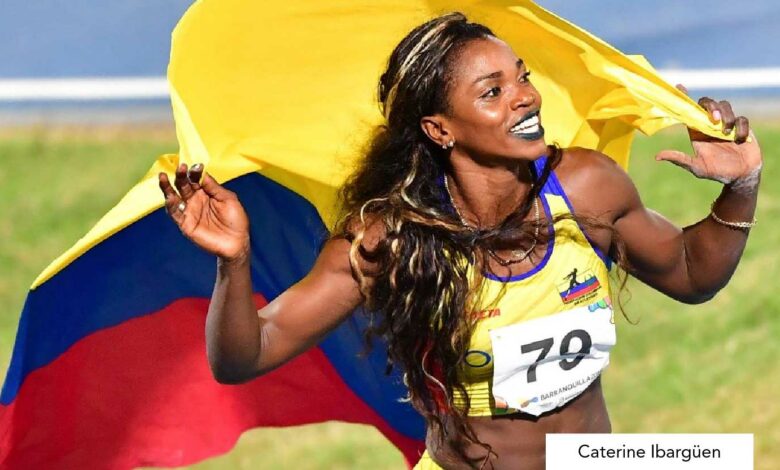South America’s Top Sporting Legends on the Global Stage by Sport
In the realm of international sports, the athletes of South America stand as towering figures, not just for their unparalleled skills and achievements but also for their journeys marked by perseverance against economic and infrastructural odds. This feature celebrates these sporting heroes, organizing their achievements by sports to highlight the diversity of talent that has emerged from this vibrant continent.
Athletics
Caterine Ibargüen (Colombia): A beacon of resilience, Ibargüen’s gold at the 2016 Rio Olympics and her victories in the World Championships highlight a journey of overcoming socio-economic barriers. Born in Apartadó, Colombia, her ascent in a sport lacking widespread support in her home country exemplifies her extraordinary dedication. Her achievements have propelled her to become a symbol of athletic excellence in Colombia, inspiring a generation to pursue greatness against the odds.
Robson da Silva (Brazil): One of the premier sprinters in the late 20th century. His prowess on the track during the 1980s and 1990s saw him clinch bronze medals in the 200 meters at the 1988 Seoul Olympics, an achievement that highlighted Brazil’s sprinting capabilities on the global stage. Moreover, da Silva’s success extended to the World Championships, where he and his teammates secured multiple medals in the 4×100 meters relay, showcasing the depth of talent in Brazilian sprinting and reinforcing the country’s reputation as a producer of world-class athletes.
Jefferson Pérez (Ecuador): He specialized in the discipline of race walking, becoming one of the sport’s most celebrated figures. His Olympic gold in the 20 km race walk at the 1996 Atlanta Games was a personal triumph and a historic moment for Ecuador, marking the nation’s first Olympic gold in any sport. Pérez continued to dominate the race walking scene with a silver medal at the 2008 Beijing Olympics and three World Championship titles, cementing his legacy as one of the most remarkable race walkers in the annals of athletics.
Yulimar Rojas (Venezuela): Redefined the triple jump in women’s track and field, achieving unparalleled success in recent years. Her gold medal victory at the Tokyo 2020 Olympics and multiple World Championships gold medals underscores her dominance in the discipline. However, her world record in the women’s triple jump truly sets Rojas apart, establishing her not only as the leading figure in her event but also as one of the greatest athletes in the history of track and field. Rojas’s achievements have brought glory to Venezuela and inspired a new generation of athletes in South America and around the world.
Basketball
Manu Ginóbili (Argentina): Emanuel David Ginóbili Maccari’s storied career from Bahía Blanca, Argentina, to the NBA, epitomizes the global journey of a South American athlete to the pinnacle of basketball. His integral role in the San Antonio Spurs’ four NBA championships and his pivotal contribution to Argentina’s 2004 Olympic gold medal underscore the global impact of Latin American talent in basketball.
Boxing
Carlos Monzón (Argentina): Rising from the slums of San Javier to become an undisputed middleweight champion, Monzón’s life story is a compelling narrative of triumph and tragedy. His reign from 1970 to 1977, marked by 14 title defenses, immortalizes him in the annals of boxing history as one of the sport’s all-time greats.
Éder Jofre (Brazil): Known as “The Golden Bantam,” Jofre’s dominance in boxing during the 1960s and early 1970s brought Brazil to the forefront of the sport internationally. His legacy, marked by technical prowess and an unbeaten streak in the bantamweight division, showcases the depth of boxing talent in South America.
Cycling
Egan Bernal (Colombia): Bernal’s historic win at the 2019 Tour de France was a watershed moment for Colombian cycling, deeply rooted in the nation’s heart. Emerging from the mountainous terrain of Zipaquirá, his victory symbolizes the rich cycling culture of Colombia and its potential to produce world-class athletes.
Formula 1 Racing
Ayrton Senna (Brazil): Senna’s legacy transcends his three Formula One World Championships. His relentless pursuit of perfection and his tragic death at the 1994 San Marino Grand Prix have left an indelible mark on the sport. Senna’s contributions to Formula One and his philanthropic efforts in Brazil underscore his enduring legacy as one of the greatest racers and national heroes.
Golf
Roberto De Vicenzo (Argentina): De Vicenzo’s remarkable career, highlighted by his 1967 British Open victory, reflects the global reach of South American golf. His gracious handling of the scoring error at the 1968 Masters exemplifies sportsmanship, making his legacy one of integrity and achievement.
Judo
Paula Pareto (Argentina): Standing at just 1.50 meters, Pareto’s Olympic gold in 2016 and her World Championship title in 2015 defy the odds against her stature, proving that determination and skill can lead to greatness on the world stage, inspiring athletes in judo and beyond.
Martial Arts (MMA)
Royce Gracie (Brazil): A pioneer in mixed martial arts, Royce Gracie’s impact on the UFC and the sport as a whole is immeasurable. Winning the first-ever UFC tournament in 1993, Gracie introduced the world to Brazilian Jiu-Jitsu, demonstrating its effectiveness in actual combat situations. His victories in the UFC’s early days helped catapult MMA into the global spotlight and paved the way for the sport’s evolution. Gracie’s technique, which focused on leverage and submission rather than brute strength, revolutionized martial arts training and competition, making him a legendary figure in MMA history.
Amanda Nunes (Brazil): Nunes’s dominance in the UFC has broken barriers for women in a traditionally male-dominated sport, showcasing her strength, resilience, and skill. As the first woman to hold two division titles simultaneously in the UFC, Nunes has solidified her legacy as one of the greatest fighters in MMA history. Her victories across multiple weight classes have elevated her status and inspired a new generation of female athletes to pursue greatness in mixed martial arts.
Skateboarding
Pedro Barros (Brazil): Barros has become a figurehead in the skateboarding world, his aggressive style and dominance in the park discipline earning him multiple X Games gold medals. His success has contributed significantly to the recognition and growth of skateboarding in South America.
Skiing
Andrés Boira (Argentina): A pioneer in Argentine winter sports, Boira’s participation in multiple Winter Olympics has paved the way for future generations in a region where winter sports are not traditionally prominent, highlighting the diverse athletic talent in South America.
Soccer
Pelé (Brazil) & Diego Maradona (Argentina): These legends have become synonymous with soccer excellence worldwide, each leading their country to World Cup glory. Pelé’s grace, athleticism, and unparalleled goal-scoring ability, alongside Maradona’s extraordinary skill and infamous “Hand of God” goal, embody the passion and artistry of South American soccer.
Surfing
Sofía Mulánovich (Peru): Mulánovich’s achievement as the first South American woman to win the World Surf League Championship Tour has put Latin American surfing on the map and broken barriers for female athletes in the sport.
Swimming
César Cielo (Brazil): Cielo’s world records in the 50m and 100m freestyle and his Olympic gold in 2008 have established him as one of the fastest swimmers in history, showcasing the potential for South American athletes to excel in global swimming competitions.
Tennis
Gabriela Sabatini (Argentina) & Gustavo Kuerten (Brazil): Sabatini and Kuerten have significantly contributed to tennis, marking milestones with Sabatini’s US Open victory and Kuerten’s trio of French Open titles. These achievements have showcased their exceptional talent and underscored South America’s potential to produce world-class tennis players. Sabatini’s grace and competitive spirit on the court, combined with Kuerten’s charisma and clay-court mastery, have left a lasting legacy in the tennis world, inspiring generations of players from the region.
Andrés Gómez (Ecuador): Adding to the illustrious list of South American tennis greats is Andrés Gómez, who etched his name in tennis history by winning the French Open in 1990. Gómez’s triumph at Roland Garros was a landmark victory, highlighting the depth of tennis talent in South America beyond Argentina and Brazil’s more frequently spotlighted nations. His win demonstrated the potential for players from smaller countries in the region to achieve the pinnacle of success in the sport. Gómez’s smooth style, strategic play, and perseverance inspire aspiring tennis players across South America, illustrating that champions can emerge from every corner of the continent.
Volleyball
Giba (Brazil): A cornerstone of Brazil’s dominance in volleyball, Giba’s leadership and skill have driven his country to numerous World Championships and Olympic gold, cementing his status as one of the greatest volleyball players of all time and highlighting the strength of South American volleyball on the global stage.
These athletes, through their unparalleled achievements and the obstacles they’ve overcome, not only celebrate the rich sporting heritage of South America but also serve as beacons of hope and inspiration for aspiring athletes across the continent and the world.

